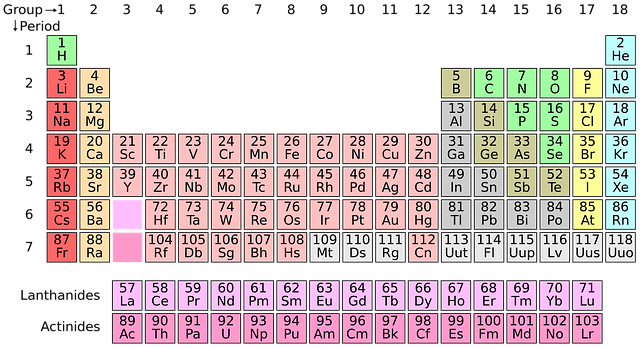As long as people lived in harmony with nature, used fertilizers of animal origin to grow crops, and there was no mass agricultural production, magnesium was abundant in the diet. This problem began to manifest itself, especially after World War II, when artificial fertilizers and plant protectants (pesticides) were used in large quantities, agriculture became a source of profit, and products were industrially produced that were depleted of the precious mineral, including magnesium. Eventually, plants lost their ability to absorb magnesium from the soil, and the magnesium content in foods declined. However, the decline was gradual, and at first almost no one paid much attention. For example, some scientists compared samples of 1986 and 2005 apples and found that magnesium had decreased by 50% after about 20 years!
How does magnesium deficiency manifest itself?
We can compare this situation to driving a car that has lost its brakes. Because the car has momentum and is going at a brisk pace, the brakes are not needed when going uphill, but when going downhill, the brakes suddenly become ineffective. The higher the speed and the longer the hill, the more serious the accident.

Magnesium deficiency should not be underestimated. Its symptoms and consequences can be serious
.
At first, the symptoms are mild deficiency – eyelid twitching, muscle twitching, aggressive tendencies, fatigue, exhaustion, and mild cramps in muscles and internal organs. With advanced deficiency, dyspnea (breathlessness), severe cramps – contractions of the gastrointestinal tract (gastric neurosis), depression, irritability, lack of concentration, fatigue, insomnia). Large magnesium deficiencies can endanger the patient\’s life.
In fact, magnesium is required for over 300 biochemical reactions in the body, not all of which have been studied. Magnesium must be balanced with calcium in a ratio of about 1:2. Calcium has a contractile function, whereas magnesium has a stretching function. Magnesium helps supply sugar to cells and contributes to energy production from food. Magnesium is an activator of enzymes that help cells utilize energy and supports the function of insulin. Magnesium is necessary for normal function of all muscles and internal organs, including the nervous and respiratory systems. Magnesium enables the use of oxygen in cells, supports digestion, and also keeps calcium in a dissolved state.

How to supplement?
Magnesium can be easily added to the body with magnesium or dietary supplements such as highly absorbable magnesium lactate tablets. Refer to the package insert for the appropriate dosage. Magnesium cannot be overdosed; high doses only cause diarrhea. However, individuals with inadequate renal function should first consult a physician.
